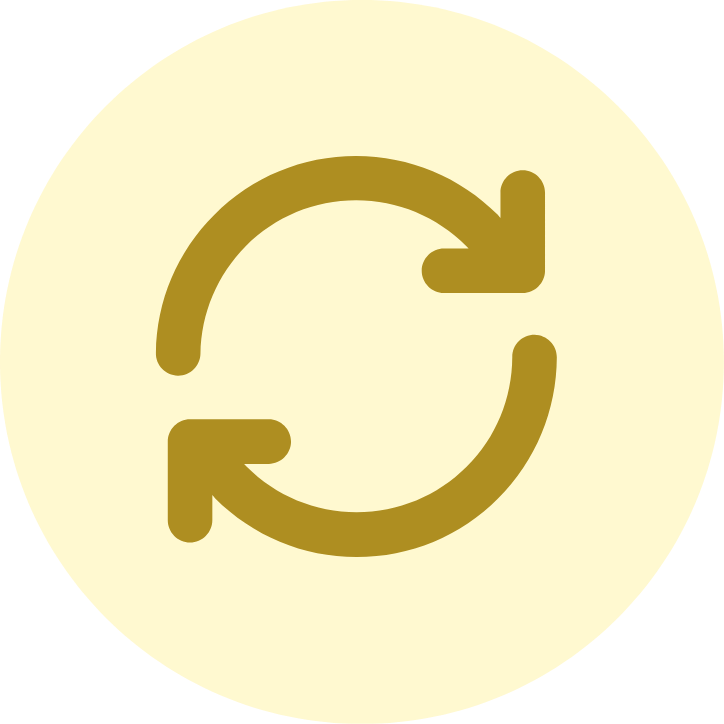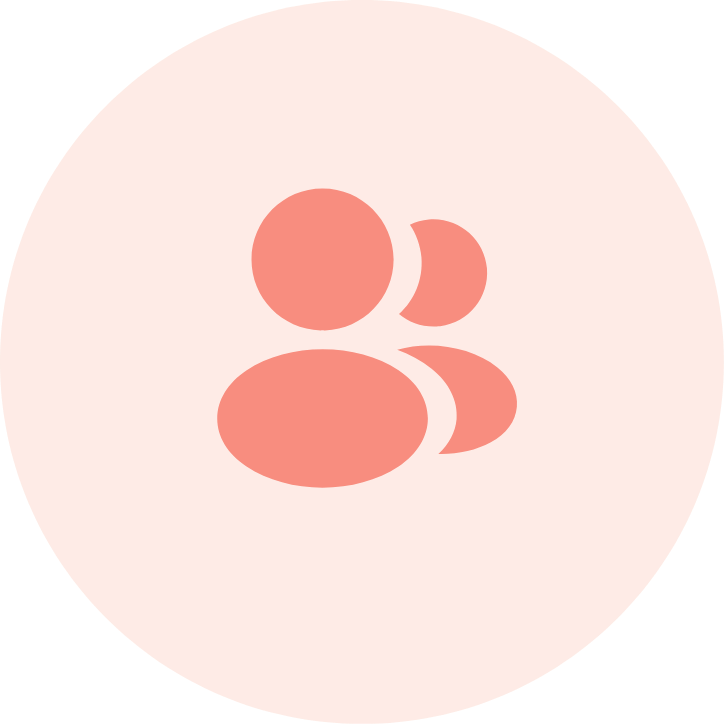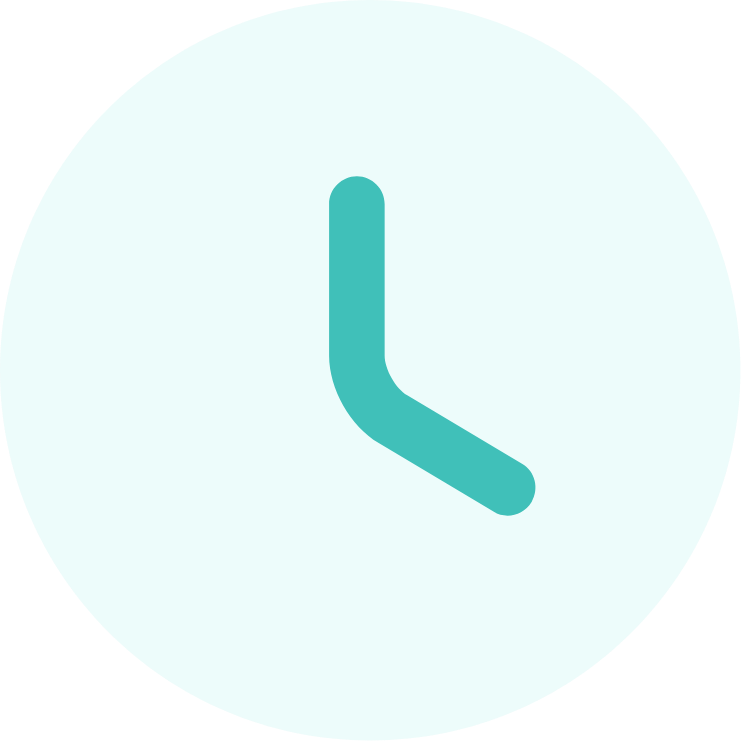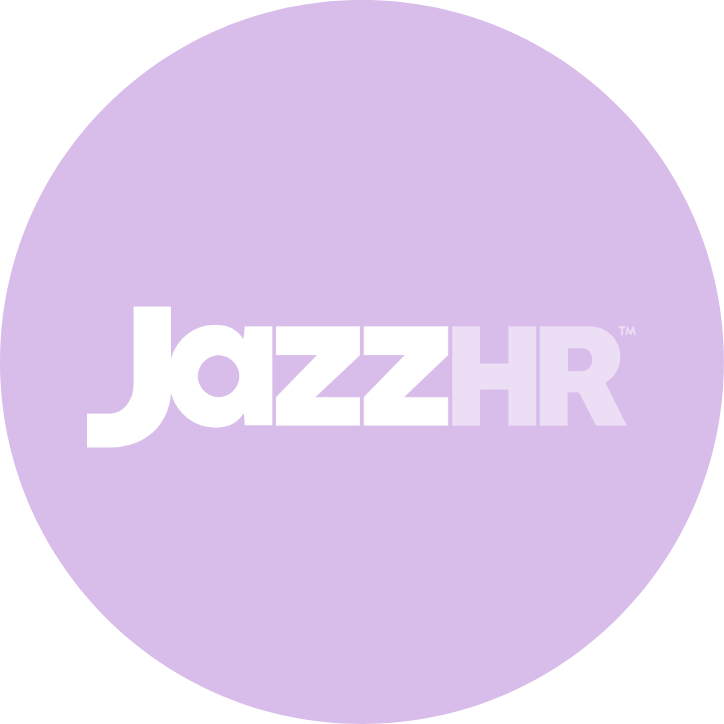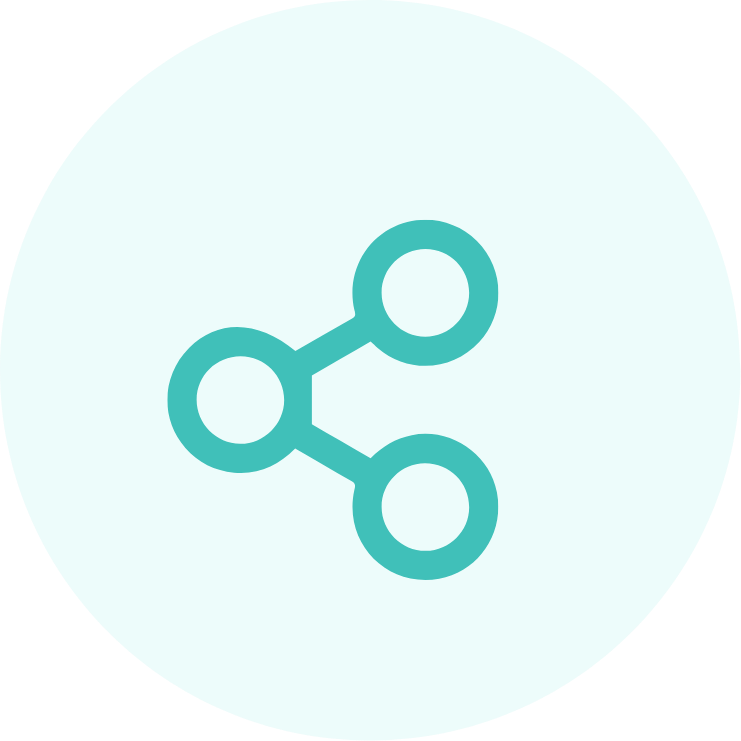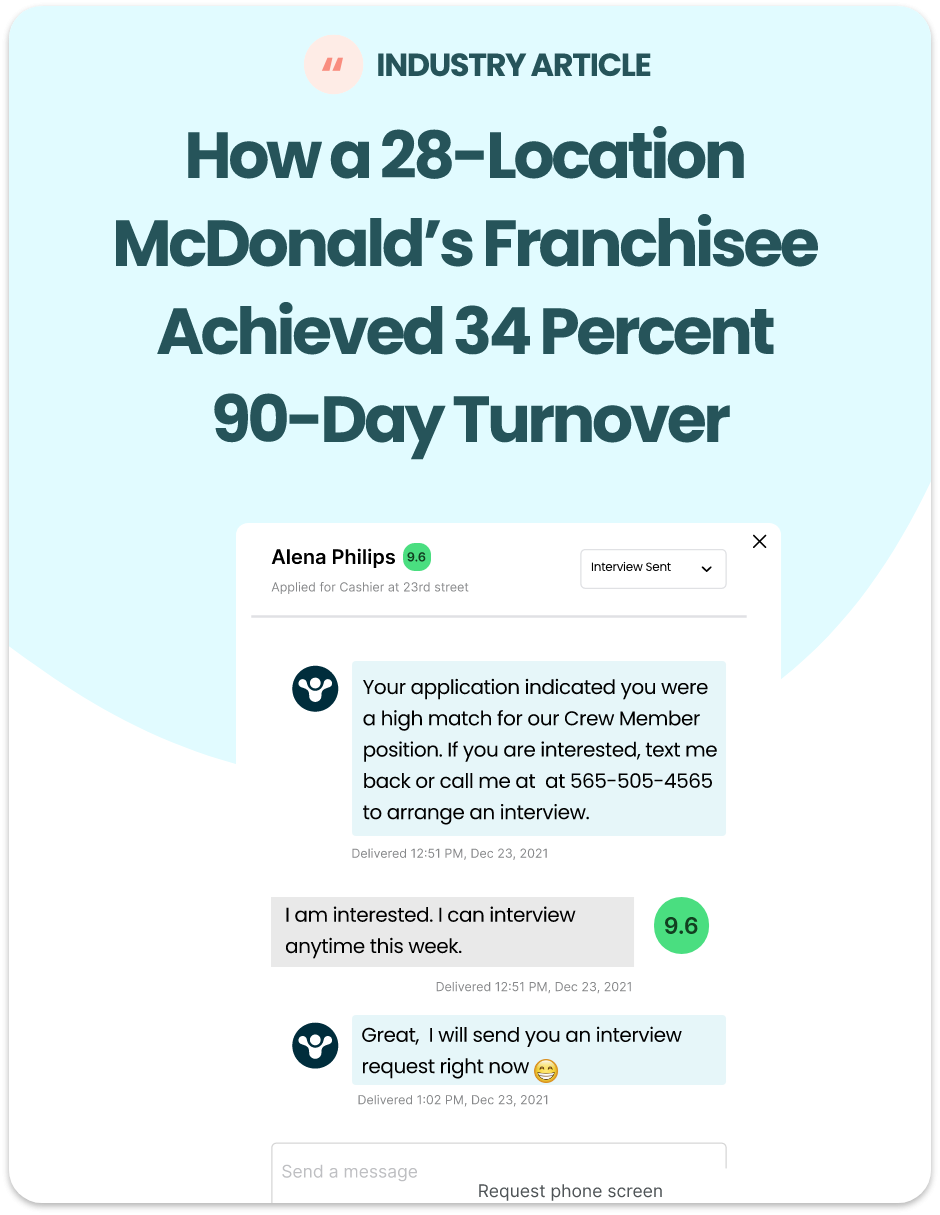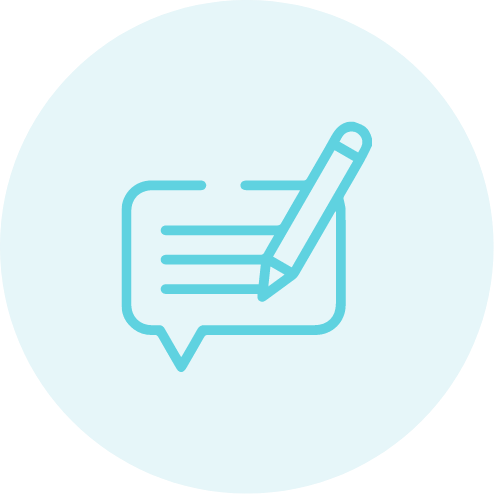Group interviews are common in businesses that require a streamlined hiring process. Conducting group interviews is a good way to quickly assess multiple candidates while saving the headache of coordinating schedules with everyone involved. Before moving forward with group interviews, it’s important to have a structured process to ease the process for applicants and interviewers alike.
Group Interview Structure
Group interviews can be structured in a variety of ways. Some businesses choose to keep candidates together during the entire interview session, while others choose to separate candidates during portions.
Before the group interview, be sure to set the stage for candidates. It’s important to inform candidates of the interview structure so they can be prepared. Below is a common group interview structure.
Stage 1: Group Information Session
The first stage of a group interview should set the tone for the session. You should give background information about the company and position that the interview pertains to. In addition, this is a good time to sell candidates on your business. They aren’t the only ones who have someone to impress during the interview. Candidates will want to hear why your business is better than your competitor down the street.
After selling candidates on your business, outline your objectives. Let them know how many people you are hiring, if it’s an immediate start date, and what you want to see from them during the interview.
Stage 2: Group Discussion
Following the information session, keep everyone in the same room to ask questions regarding the position and company. The questions you get are likely to be repeated by multiple candidates. Common questions to expect are “What is the workday like?”,
“Is scheduling flexible?”, “What’s the pay scale?”, and “What are the opportunities for advancement ?”.
During this stage, it’s important to keep track of which candidates speak up. Those who ask questions are generally more interested in the position. Be sure to pay close attention to these candidates.
Stage 3: Team Scenarios
After discussing the company and position, move into team scenarios. This is a good time to evaluate how the candidates interact with each other and in on-the-job scenarios. An easy and effective strategy is to prepare a list of questions and ask candidates to choose how they would answer. For example, if the question is, “A customer has come up to the counter and ordered a burger and fries. Do you A) accept the order and move on or B) try and upsell the order to add a drink or shake?” After asking the question, ask candidates to move to the side of the room that best represents which answer they would choose. Once applicants are in each group, pick an applicant from each side to explain why they chose it.
Team scenarios should be planned around common issues that arise in your business. They should not revolve around controversial topics or irrelevant scenarios.
Stage 4: Individual Interviews
After moving through a few team scenarios, you can move to individual interviews. You will want to pull each candidate into a separate space for this stage of the interview process. Remember, because you may have nine other candidates waiting, it’s good to keep these short and sweet. Simply focus on a few main questions and gauge their interest level.
Stage 5: Thank Candidates for Coming
Once individual interviews are complete, be sure to formally conclude the session. You’ll want to thank candidates for coming and participating. It’s also important to conclude when selected candidates will be contacted, whether that is the same day or later in the week.
Common FAQs Asked In Group Interviews
- What would you consider to be your strengths and weaknesses?
- Why did you apply for this position?
- Where do you see yourself in 5 years? 10 years?
- Why do you want to leave (or have left) your current position?
- What unique quality can you bring to the company?
- What is the most challenging issue you’ve had to solve?
Overall, hosting group interviews can be a great way to save time in your hiring process while effectively filling open positions. Before you decide on the group interview route, be sure your team is prepared to create a structured plan that everyone is informed of.
Another great way to streamline your hiring process and identify great candidates is with our hiring solution for franchises. Our hiring solution matches applicants against your best employees, instantly showing you who’s a great match. Get more information by reaching out to us today.
Recommended for you: 10 Interview Questions to Assess Soft Skills


